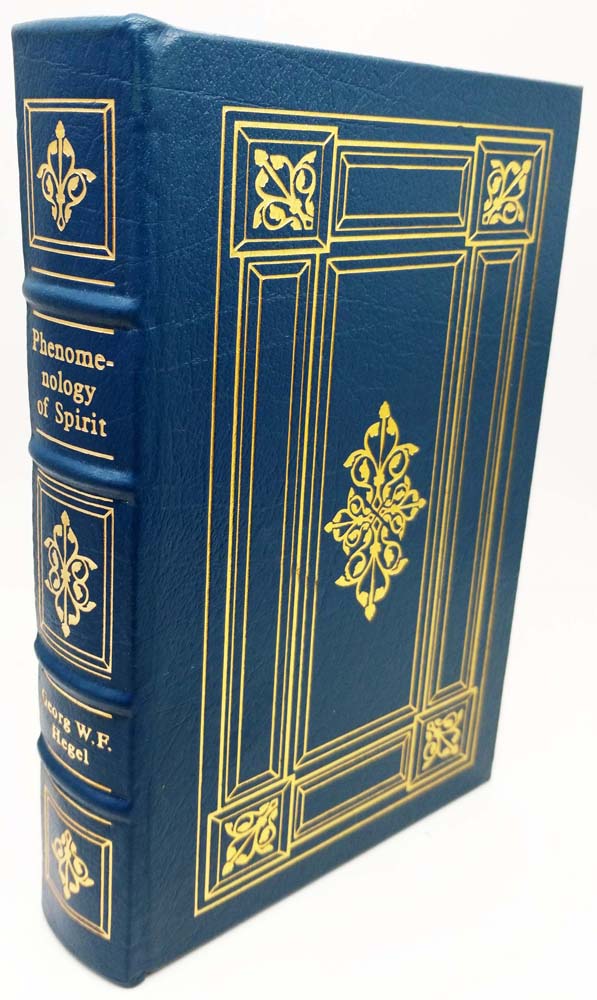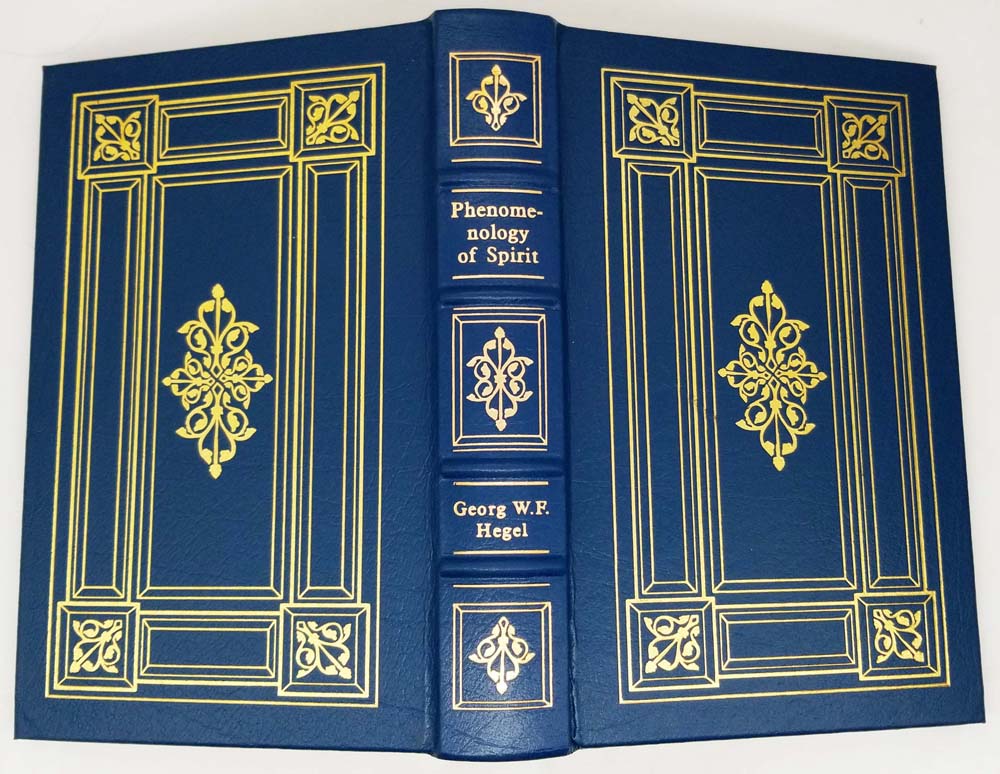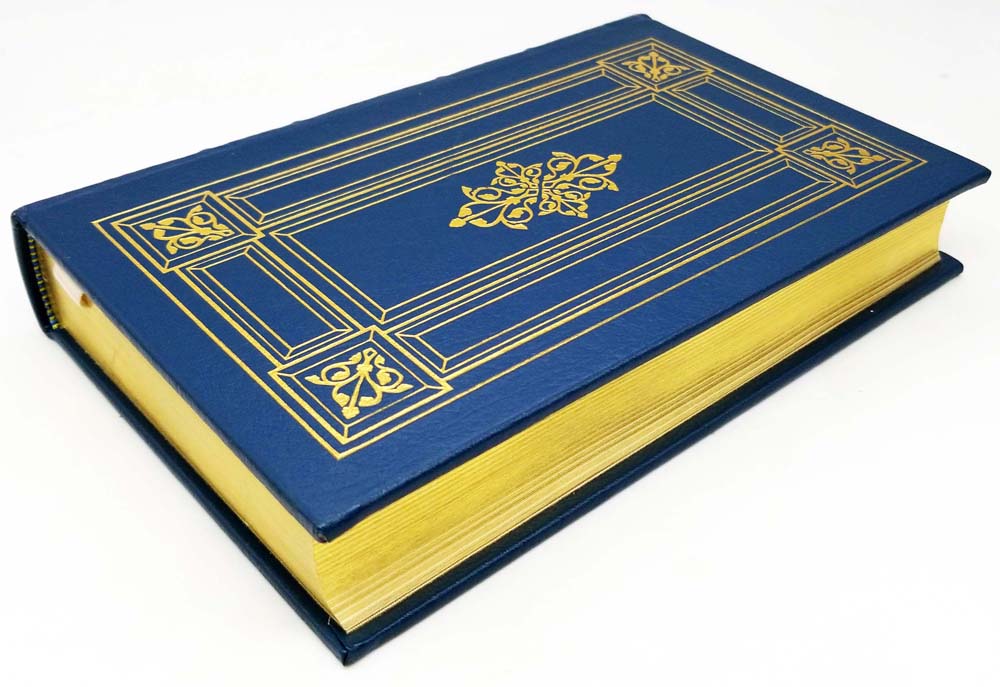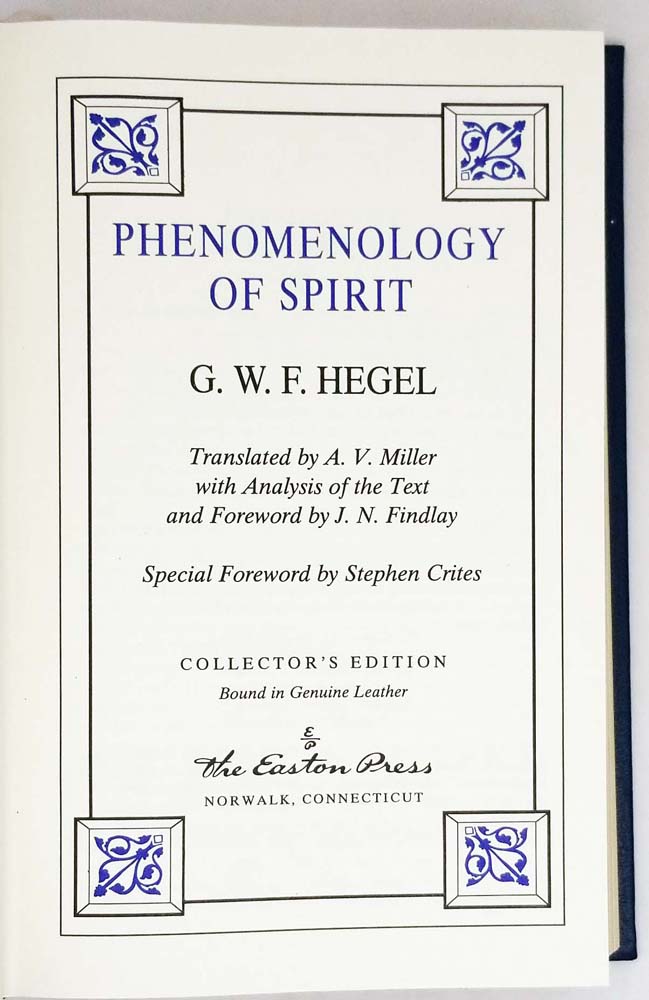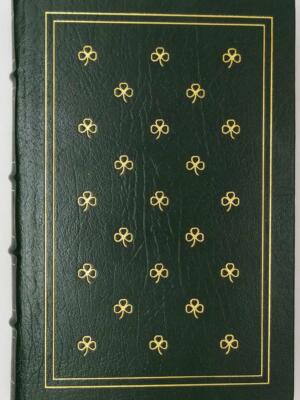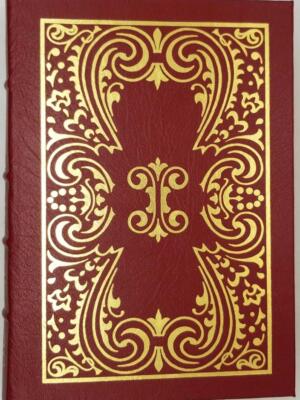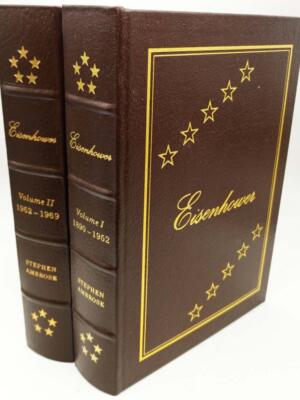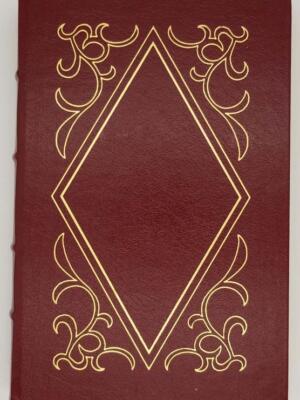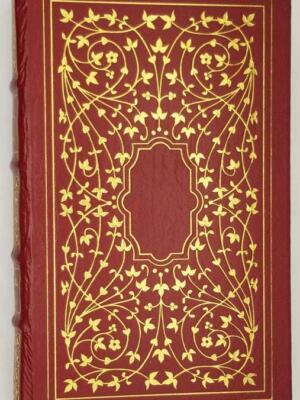The Phenomenology of Spirit (1807) by G. W. F. Hegel, published in a distinguished Easton Press edition (1995), is a landmark of German idealism and one of the most challenging and influential works in Western philosophy. This opulent volume presents Hegel’s dense, revolutionary exploration of consciousness, history, and absolute knowledge in a form befitting its intellectual grandeur.
Hegel’s magnum opus traces the evolution of human awareness through dialectical stages—from sense perception to self-consciousness, reason, and ultimately “absolute knowing.” Its famous passages—the master-slave dialectic, the unhappy consciousness, and the “cunning of reason”—have shaped existentialism, Marxism, and postmodern thought. The Easton Press edition honors this monumental text with premium craftsmanship: a full leather binding with 22-karat gold accents, archival-quality paper, silk moiré endpapers, and a satin ribbon marker.
While Hegel’s prose remains famously demanding, this edition transforms the reading experience into a tactile encounter with philosophical history. A centerpiece for serious libraries, it bridges the gap between Hegel’s 19th-century genius and the enduring material art of bookmaking—ideal for collectors who value both the life of the mind and the beauty of the printed word.
“The true is the whole.” —Hegel
